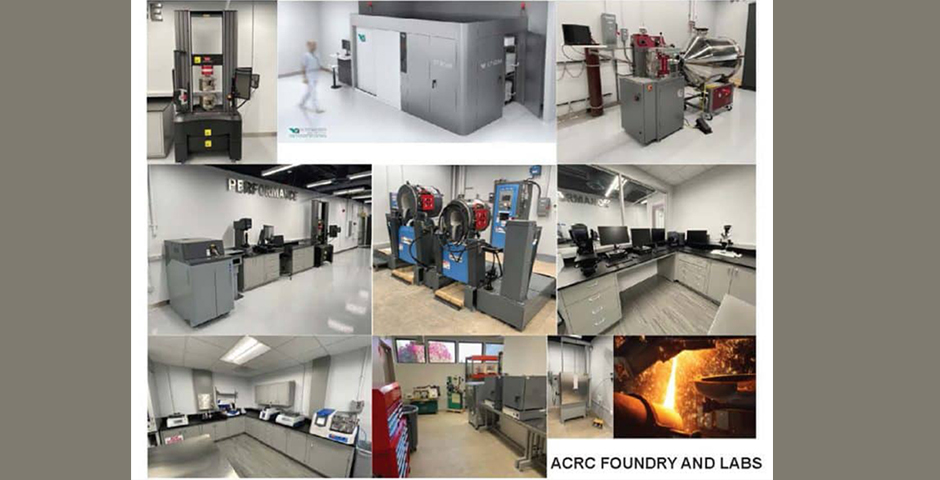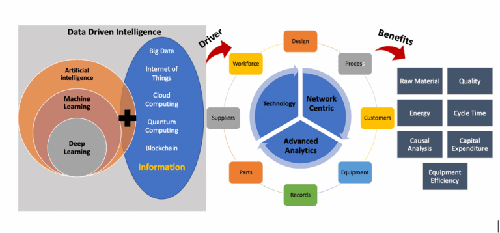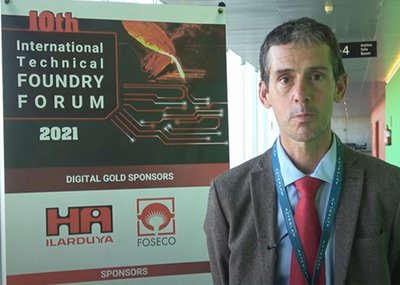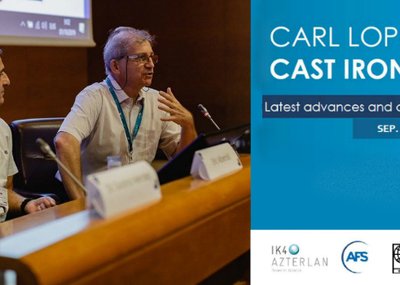The Advanced Casting Research Center is one of the largest industry-university consortia in North America dedicated to collaborative research in metal processing and manufacturing. Our focus is metal casting and digital manufacturing. We bring fundamental understanding to existing processes, develop new methods, new alloys, and address management-technology interface issues with our industrial partners. ACRC serves the global foundry industry as its educational and research home.
Launching New ACRC Foundry and Labs
ACRC’s foundry and laboratories were installed at UCI in late 2021. It includes:
- a modern foundry that houses two Inductotherm 35 kW induction furnaces for the production of alloys
- state-of-the-art vacuum melting system with capabilities for atomization (Arcast 200) with various geometry molds to process refractory metals
- a complete Spectro lab for chemical analysis
- a Buehler Center of Excellence (for metallography)
- an Olympus Microscopy suite, including a laser confocal microscope
- A SLM-125 laser powder bed fusion (LPBF) system with Yb fiber laser (400 W) for AM manufacturing of material components.
- A VJ Technologies Veda CT 450 an x-ray computed tomography (CT) is being installed, which will be equipped with a 450 kV power source for macroCT imaging and a 250 kV power source for microCT imaging.
- The CT is equipped with a Deben CT 5000, which allows one to test samples under loading and interrogating and imaging with the CT under load.
- The Deben system has a 5KN testing stage for X-Ray CT applications.
- For mechanical testing, we have in place an MTS Nano Indenter XP, and Instron Model 8801 and Model 5985 testers.
- A Buehler 2004 microhardness tester and an Instron E3000 microtester allows the execution of mechanical testing of miniature specimens.
- A digital image correlation (DIC) system (model: VIC-3D v7, manufacturer: Correlated Solutions, Inc.) is also available to measure strain and subsequent evaluation of corresponding stress.
ACRC researchers and members also have access to other UCI technology. The university is also the home of the Irvine Materials Research Institute (IMRI) which is one of the nation’s top microscopy and characterization facilities. UCI has installed an inert gas atomization facility which can be used to synthesize alloyed powders for Additive Manufacturing (AM).
IDMI (Institute for Design and Manufacturing Innovation) at UCI houses several pieces of AM equipment:
- A Laser Engineered Net-Shaping (LENS®) unit, with 1 kW Yb fiber laser, equipped with thermal imaging subsystem for temperature measurements and high-speed photography subsystem for monitoring dynamic behavior of melt pool.
- A SLM-125 laser powder bed fusion (LPBF) system with Yb fiber laser (400 W) for AM manufacturing of material components.






